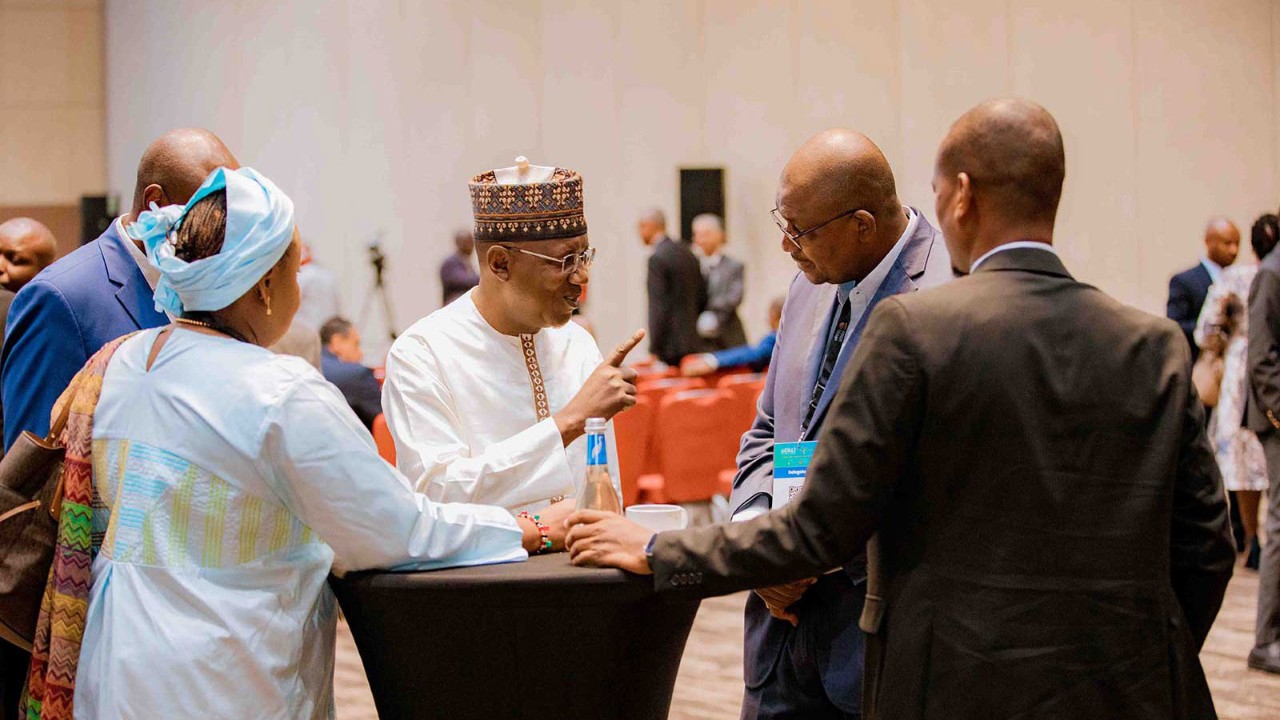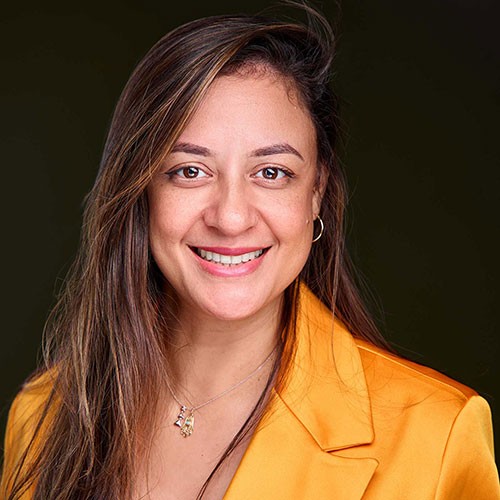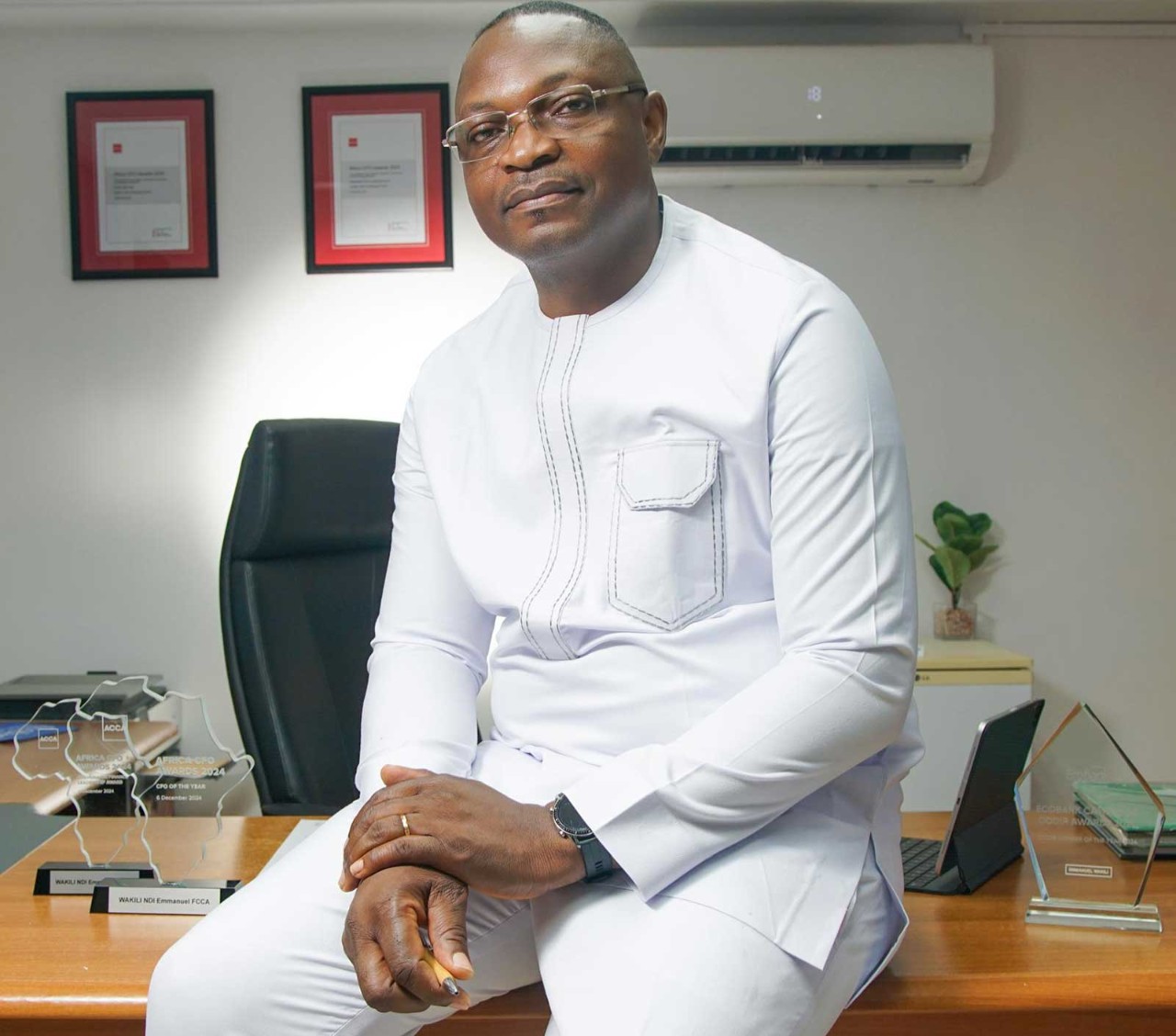
A young accountant from Tanzania commented to a peer at the latest Africa Congress of Accountants: ‘It’s no longer about counting coins; it’s about connecting the dots.’ It wasn’t just an observation; it was a metaphor for an African accounting profession in transition.
Speaking at the congress, held in May in Kigali and organised by the Pan African Federation of Accountants (PAFA) (see boxout), Rwanda’s minister of state for resource mobilisation and public investment, Mutesi Linda Rusagara, stressed the challenges for African accountants, intensified by threatened US tariffs. ‘Capital usually flees – not flows – during times like these,’ she said. ‘Concessional finance is drying up, and the cost of commercial capital remains painfully high for Africa.’
‘You must be at the forefront of managing risk in real time’
Under such circumstances, Rusagara argued that reforms were needed to boost institutional credibility, green alignment and robust financial architecture. Rwanda’s own example – as the first African country to access the International Monetary Fund’s Resilience and Sustainability Facility (securing US$319m in 2022) – signalled how climate-linked reform, investor-grade transparency and public sector discipline can unlock long-term capital at scale.
Africa Congress of Accountants
The Africa Congress of Accountants (ACOA) at Kigali Convention Centre, sponsored by ACCA and hosted by the Institute of Chartered Public Accountants of Rwanda and the Pan African Federation of Accountants, had as its theme ‘Creating Value for Africa’. It was attended by more than 2,000 finance professionals from 53 African countries, as well as from India, the UK, Canada, France, Belgium, Turkey, the US and Papua New Guinea.
ACCA president Ayla Majid FCCA gave the keynote address, ‘Empowering Workforce Development and Economic Growth’, and presented highlights of ACCA’s latest Global Talent Trends report.
‘The ACOA is the foremost conference for the accountancy profession in the continent and we’re proud to be silver sponsors,’ said Jamil Ampomah, ACCA’s director – Africa.
She pointed to Rwanda’s Green Taxonomy, a groundbreaking framework to screen and qualify sustainable investments. But, she warned, ‘Without a strong profession behind it, it risks being just ink on paper.’
African accountants, she said, must evolve to become active stewards of capital allocation and environmental, social and governance risk mitigation: ‘You must be at the forefront of engineering capital stacks, structuring blended finance and managing risk in real time,’ she added.
Matter of credibility
Yusuf Murangwa, Rwanda’s finance and economic planning minister, stressed that financial systems live or die by credibility: ‘Let us challenge ourselves not only to think about how we account for value, but how we create and sustain it,’ he urged.
He argued that sound public financial management, high-quality accrual accounting and timely fiscal reporting were all strategic enablers for attracting investors, multilateral lenders and sovereign green bond buyers to Africa, adding that the profession’s adoption of sustainability reporting skills is key.
All about education
Professor Teerooven Soobaroyen, professor of accounting at the UK’s Aston University, emphasised the evolving role of accounting in addressing global challenges. Citing his own research on water accountability and public sector sustainability in Mauritius, he underlined how accounting drives transparency and responsible governance, and proposed the development of African accounting principles.
‘Remember who you are and where you come from’
Meanwhile, Professor Siasa Issa Mzenzi, associate professor of accounting at the University of Dar es Salaam Business School, described Tanzania’s provision of training on the International Sustainability Standards Board’s IFRS S1 and S2, integrated reporting and social/environmental issues in auditing. He emphasised the growing alignment of governance and ethics education with sustainability themes, and underscored the critical role of professional bodies, academic regulators, development partners and higher learning institutions.
Kampeta Sayinzoga, CEO of the Development Bank of Rwanda, shared how Rwanda is positioning the country as a hub for values-led, climate-aligned investment. She described sustainability as a return to ancestral African principles of harmony with nature and intergenerational stewardship. ‘Remember who you are and where you come from,’ she said. ‘That is the root of success and transformation.’
Digital inclusion
PAFA’s outgoing president, Keto Kayemba, described how the organisation is promoting gender equity, youth empowerment and digital inclusion. ‘Sustainability is not only about the environment,’ she said. ‘It’s about inclusion. It’s about designing institutions that reflect our full society.’
Amin Miramago, CEO of the Institute of Certified Public Accountants of Rwanda (ICPAR), stressed that accounting training needed to take account of the shift in ethics and skills. ‘We must teach accounting as a mindset, not just a profession,’ he said, adding that governments must promote financial literacy in schools.
Part of this shift requires enabling accountants to deal with Africa’s rapid adoption of mobile-based tax systems, e-invoicing platforms and cloud-based enterprise resource planning tools. This, said Armand-Thierry Messou, a CPA and digital governance expert, based in Abidjan, Côte d’Ivoire, required better risk assessment abilities by accountants. ‘We are no longer just financial stewards. We are digital risk advisers,’ he said.
‘We cannot build a pan-African financial market if our professionals are fenced in’
Messou highlighted how technology is transforming the audit function in Africa – while also exposing institutions to cyberattacks, data breaches and artificial intelligence-led fraud. ‘Every line of code is a potential liability,’ he said. ‘Without governance, technology becomes a threat, not a tool.’
Mutual recognition
Such skills need to be available Africa-wide, said John Bugunya, ICPAR vice president: ‘We cannot build a pan-African financial market if our professionals are fenced in,’ he commented as he announced plans for mutual recognition agreements that would allow African accountants to work across borders.
‘Taking ownership of developing our profession is not something we can ask others to do for us’
Obadiah Biraro, ICPAR president, said the African accounting profession needed to be proactive: ‘In a world where financial systems are increasingly interconnected, taking ownership of developing our profession is not something we can ask others to do for us.’
US President Donald Trump’s protectionism has highlighted how Africa needs to tend to its own business and reporting strengths, said Adelani Ahmad Adebayo, a chartered accountant from Abuja, Nigeria. Despite the potentially damaging financial impact of global tariffs, Adebayo added that there has been an upside to the uncertainty over what comes next: ’Ironically, it’s forcing us to invest inward.’
Tariffs, he argued, are a reminder that Africa must build regional value chains, strengthen logistics and finance local manufacturing. ‘When we import inputs affected by tariffs, it’s the end consumer who pays the price,’ he said. ‘The solution is not substitution, it’s transformation. And the profession must help model that transition.’
More information
Read AB’s article ‘Streamlining sustainability’ to find out how ACCA members are contributing to the Sustainability Working Group Africa



